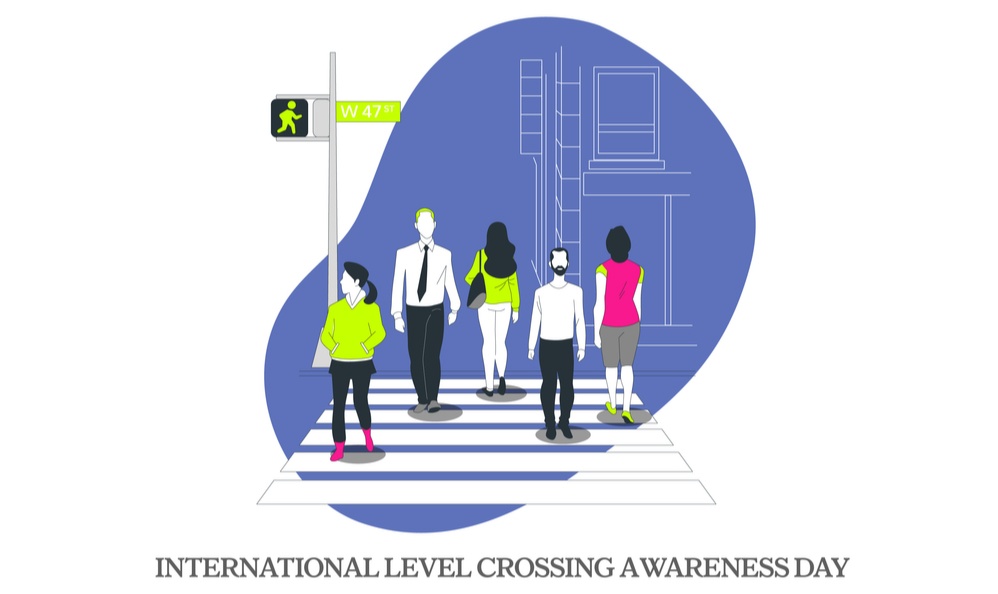All You Need to Know About ILCAD
ILCAD will take place on june 9 2022 in Denver, USA. This article highlights the importance of this day.
What is ILCAD?
The International Level Crossing Awareness Day (ILCAD) is a worldwide initiative to improve awareness of level crossing safety. The campaign has been spearheaded by the UIC, the worldwide railway organisation with the support of the railway community around the world.
Every year, around 50 countries participate in this event, where different types of level crossing safety projects and practices are shared with the prime objective of reducing accidents in level crossings worldwide.
This conference attracts railway industry representatives, road authorities, academics, and many other interested parties from around the world who are working to raise awareness about the dangers surrounding level crossings.
According to the Safety Database Report 2021 of the International Union of Railways (UIC), over 90% of all fatalities on the rail infrastructure involve third parties (mainly trespassers and level crossing users).
The International Level Crossing Awareness Day (ILCAD) is a worldwide initiative to improve awareness of level crossing safety. Since 2009, the campaign has been spearheaded by the UIC, the railway organization, with the support of the railway community around the world.
Trespass and suicide events impact the entire railway industry with their adverse effect on safety, performance, reputation, costs, and efficiency. This is an issue that affects all parts of the business and society as a whole, and is, therefore, a problem that we must tackle together.
As per NCRB data published on 2 September 2020, there was a rapid increase in level crossing accidents from 1408 in 2018 to 1788 in 2019.
Level crossings can be categorized by their type, but each is unique, so we’ve worked with our rail industry partners to develop a standardised method for assessing crossing risk. Factors taken into account include frequency of trains, frequency and types of users and the environment and where the crossings are located.
Risk assessment
Level crossings are assessed at a frequency that is based on the level of risk a crossing poses. The assessment frequency ranges from 1¼ to 3¼ years. Safety education and Level crossing safety campaigns are a key part of our work to improve safety by managing and mitigating the risk at crossings.
A safer railway
Since 2009 we have delivered the following as part of our commitment to a safer railway:
- closed over 1,250 level crossings
- continue to improve the sighting at our level crossings where we can
- fitted LED road traffic lights at over 500 crossings, significantly improving their brightness
- introduced new technology to better inform users of a second train approaching the crossing in quick succession to the first
- repositioned over 250 crossing phones into safe areas for users
- designed and commissioned a new type of level crossing featuring automatic obstacle detection technology
- installed barriers at 66 open crossings
- work closely with British Transport Police to discourage deliberate misuse and to record offences at level crossings
- rolled out level crossing red light safety cameras, with 84 currently installed across the network
- commissioned 111 audible warning devices at high risk footpath crossings
- delivered a programme of 100 miniature stop lights for installation at user worked crossings.
Conclusion
With the rapid increase in the number of fatalities in level crossing, there is a need for proper preventive measures to be taken as soon as possible. ILCAD is celebrated every year on june 9 to educate people about safety precautions to be taken.



